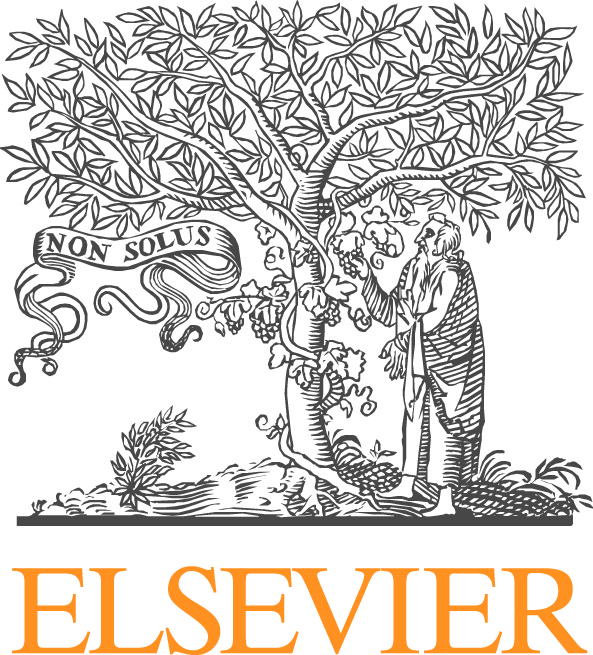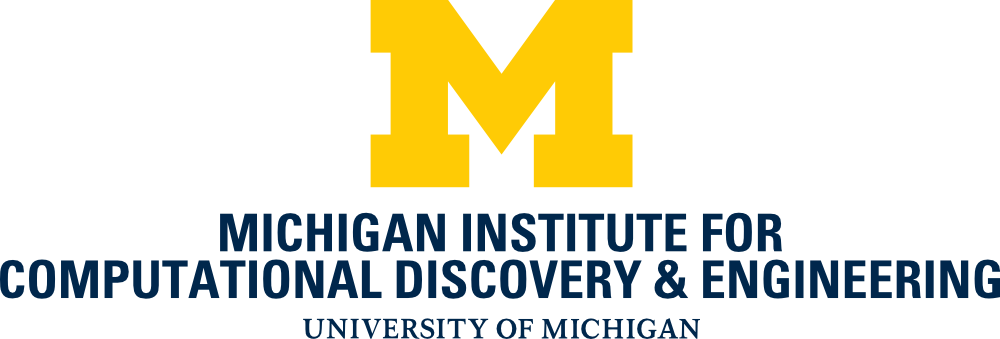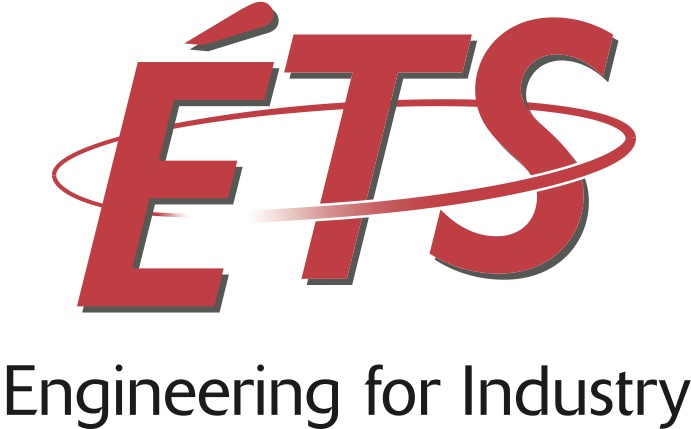Advanced Computational Methods and Theories for Predicting Material Behaviors at Various Length Scales
Jeong-Hoon Song, University of Colorado Boulder
Shaofan Li, University of California Berkeley
Caglar Oskay, Vanderbilt University
Tae-Yeon Kim, Khalifa University
Timon Rabczuk, Bauhaus University Weimar, Germany
The purpose of this mini-symposium is to recognize recent achievements in computational methods and mechanics theories for predicting behaviors of advanced new materials at various length scales. This mini-symposium is open to contributions on new computational technology and mechanics theories that can enhance the current capability of computational predictions.
Under this theme, topics of interest include, but are not limited to:
- New computational methods and/or mechanics theories for predicting material deterioration processes at a single or across multiple scales;
- New computational methods and/or mechanics theories for predicting material behaviors under multiphysics loading conditions through coupled fields analysis;
- Novel computational mechanics theories that can provide new paradigm for bridging temporal and/or physical length scales;
- Quantification of computational errors and uncertainty propagation in computational multiscale and/or multiphysics analysis;
- New verification and validation frameworks for coupled scales and/or fields analysis with experiments;
- Simulation-based inverse characterization of material damage criteria or parameters at various length scales.
Due to the interdisciplinary nature of this research field, contributions from theoretical and applied mechanics, computational physics, applied mathematics, materials science, and nanotechnology are also welcome.







